Dryzone System Hole Clearing Tool
The Dryzone System Hole Clearing tool is a high quality metal tool for clearing dust and debris from drilled holes in masonry, ensuring maximum ease and effectiveness during the installation of Dryzone DPC products. The machined tool is perfectly sized to fit the 12mm diameter holes that are drilled for the installation of Dryzone DPC Cream or Dryrod DPC Rods. The tool also features a knurled handle to ensure superior grip.
Other Dryrod & Dryzone Accessories
A selection of Dryrod & Dryzone System tools is available from Toner Dampproofing Supplies to make the installation of rising damp even easier. Each tool in the selection has been specifically selected or developed to work with Dryzone System rising damp renovation materials.
Dryzone System Rod Cutting Tool – The Dryzone System Rod Cutting Tool has two blades. One small pointed blade, which you can use to scratch and cut open the plug on Dryzone mastic cartridges, and a rectangular guillotine blade, The Dryzone System Rod Cutting Tool is ideal for cutting Dryrod DPC Rods to size. The cutter has a protective cap for the pointed blade and the guillotine blade is safely stored within the body, which ensure the cutter is safe to transport.
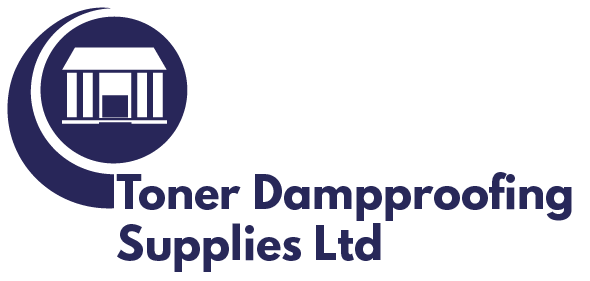
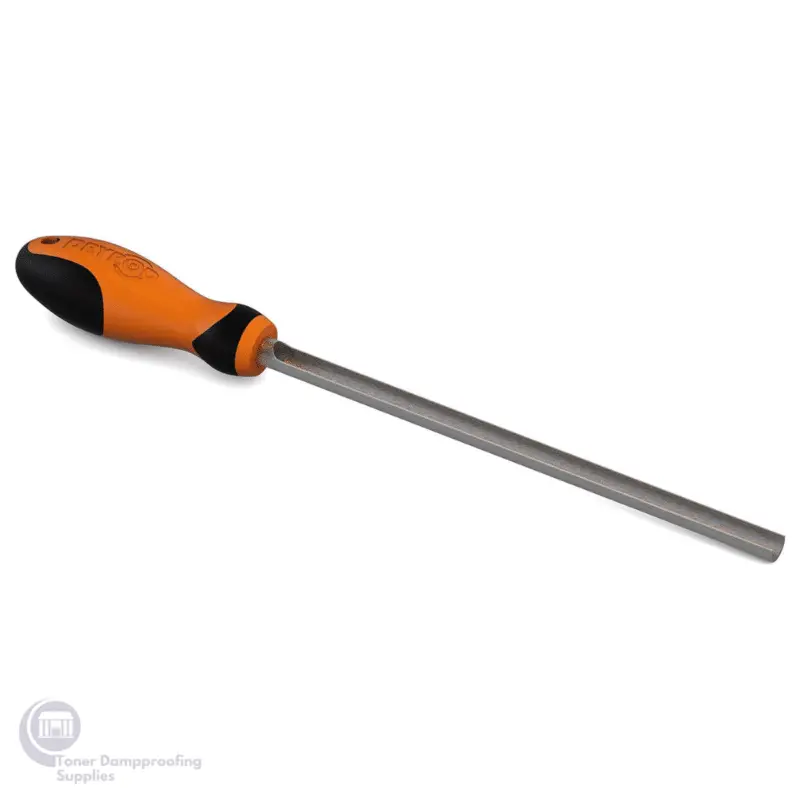
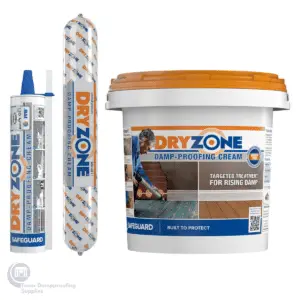
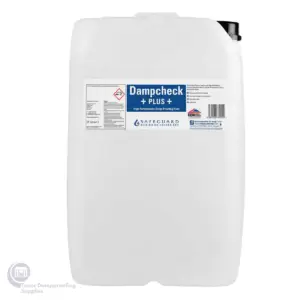
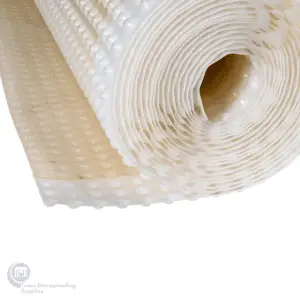
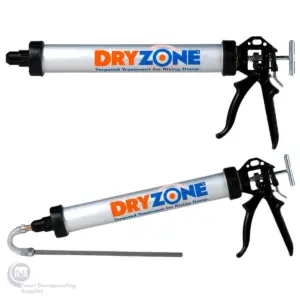
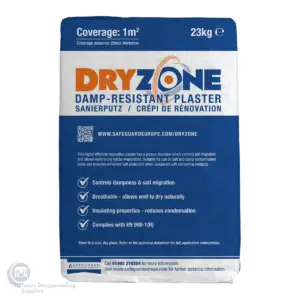
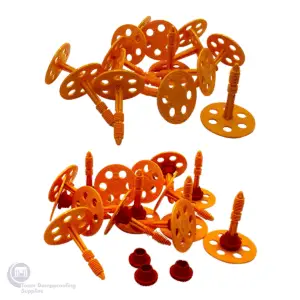
Reviews
There are no reviews yet.